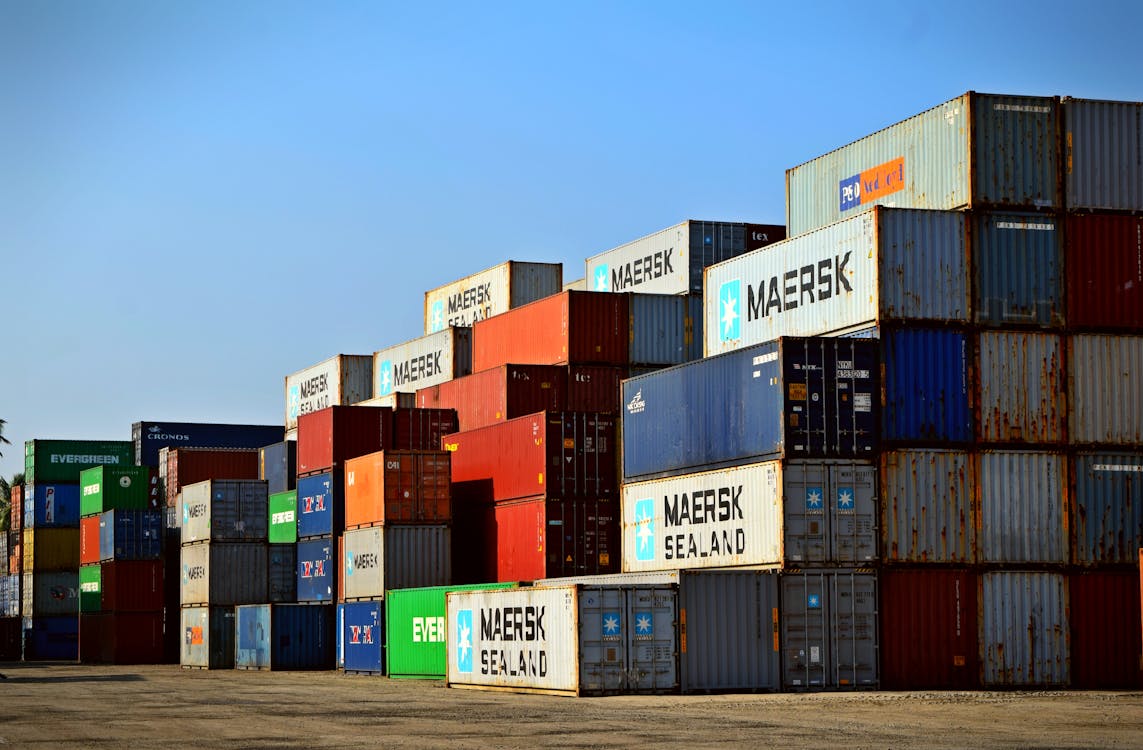China's National Assembly passes tariff law
Apr 27, 2024
Beijing [China], April 27: Reuters reported that the new tax law sets out a series of legal regulations related to tariffs on Chinese imports and exports, from the composition of tax incentives to China's rights to respond to countries. violate trade agreements.
The law was passed during a session of the Standing Committee of the National People's Congress (NPC) and will take effect on December 1, 2024. Xinhua news agency said that of the country's 18 existing taxes, China has enacted laws on 13 taxes.
Article 17 of the new law states that China can apply the "principle of reciprocity " to markets with which it has signed preferential trade agreements, that is, if a country violates the agreement and increases tariffs. goods, Beijing can respond by re-imposing equivalent tariffs.
The decision from Chinese lawmakers was made at the same time that US Secretary of State Antony Blinken had the last working day of his visit to the country, which raised concerns about cheap exports from China.
Last week, US President Joe Biden said he would consider tripling tariffs on Chinese steel products because he believes US businesses are facing unfair competition. China's Ministry of Commerce firmly opposes, saying this is an act of protectionism and Washington has brought baseless accusations, according to Xinhua News Agency.
Not only the US, the European Union (EU) is also considering imposing tariffs on electric vehicles from China. In addition, on April 24, the EU opened an investigation into China's procurement of public medical equipment. Beijing considers this move to "damage the EU's image", calling on Brussels to stop using any excuse to punish China's business activities.
Source: Thanh Nien Newspaper








